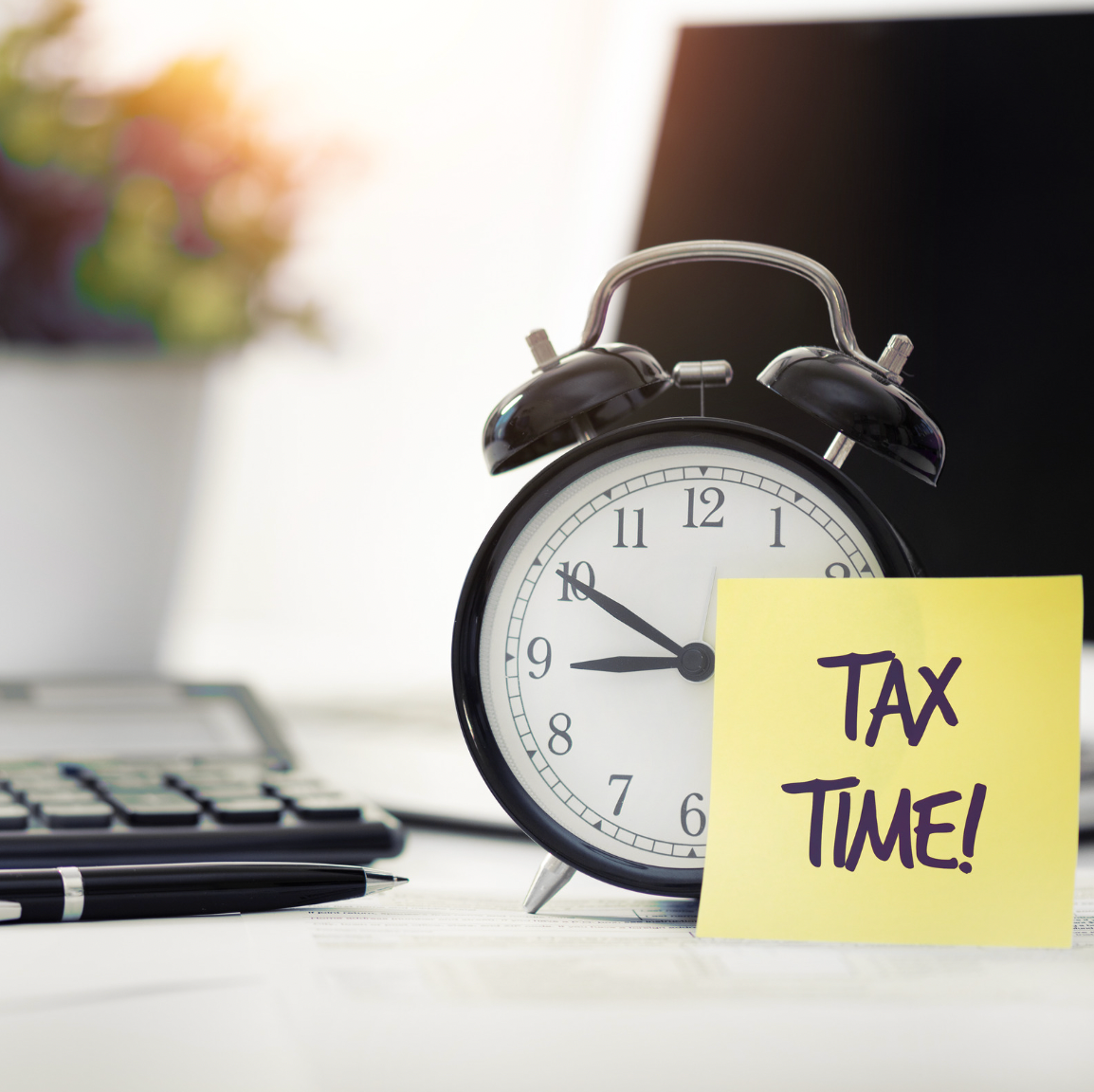Self Assessment is a crucial system that HM Revenue and Customs (HMRC) implemented to collect income tax from individuals and businesses. While tax is typically deducted automatically from wages and pensions, those with additional income sources must declare income and report it through a self-assessment tax return.
This comprehensive guide will walk you through the step-by-step process of setting up your Self-assessment details with HMRC, ensuring that you fulfil your tax obligations efficiently and avoid penalties.

Understanding Self Assessment
Self-assessment involves reporting income that hasn't had tax deducted directly, such as income from self-employment, property income, or other sources. If HMRC prompts you to submit a tax return, it is mandatory to do so. Failure to file and pay on time may result in interest charges and penalties.
Key Terms and Concepts
Before diving into the process, let's familiarise ourselves with some essential terms related to Self Assessment:
Self-Assessment Tax Return
The document you submit to HMRC reporting your income and expenses.
Income Tax
The tax levied on your income is usually deducted automatically but requires reporting through self-assessment for additional income.
Tax Return
The process of reporting your income and expenses to HMRC.
Government Gateway Account
An online account allowing access to a range of government services, including Self Assessment.
Getting Started: Registering for Self-Assessment
To initiate the Self Assessment process, you must first register. Follow these steps:
Step 1: Confirm Your Obligation
If you need to complete a tax return online and haven't done so before, inform HMRC by October 5th. Failure to notify them may result in fines.
Step 2: Register for Self Assessment
Visit the HMRC website and register for Self Assessment. This involves creating a Government Gateway account. Make sure to have your National Insurance Number and relevant financial information on hand.
Step 3: Obtain Unique Taxpayer Reference (UTR)
Upon successful registration, you'll receive a UTR. This reference is unique to you and is crucial for all your interactions with HMRC.
Filling in Your Self-Assessment Tax Return
Accurate reporting is essential to ensure you meet your tax obligations. Here's a guide to help you fill in your tax return:
Step 1: Gather Necessary Records
Keep detailed records, including bank statements and receipts, to accurately report your income and expenses.
Step 2: Seek Assistance if Needed
If you find the end of the tax process daunting, HMRC provides resources to help you fill in your return. You can also seek professional advice from our accountants, who will help you along the way.

Understanding Taxable Income and Deductions
Knowing what constitutes taxable income and understanding potential deductions is crucial for an accurate tax return. Consider the following:
Pension Contributions
Accurately reporting contributions made to pension schemes is crucial. These contributions might be eligible for tax relief, potentially reducing your taxable income. Ensuring these contributions are properly accounted for can positively impact your tax liability and financial planning.
Tax Relief
Exploring available tax reliefs is essential. Identifying and claiming applicable reliefs, such as those for charitable donations or certain expenses, can significantly lower your tax bill. Being vigilant about claiming all eligible reliefs ensures you're maximising your potential tax savings.
Student Loan Repayments
For individuals with student loans, reporting repayments is vital. These repayments can be linked to your income and may affect your overall tax liability. Accurate reporting of these repayments ensures compliance and proper assessment of your tax obligations.
Property Income
Declaring income generated from properties is a fundamental part of the tax return process. Whether from rental properties or other sources, this income needs to be accurately reported to ensure compliance with tax regulations.
Capital Gains Tax
Understanding the rules surrounding Capital Gains Tax is especially critical if you've sold assets like shares or property. Knowing how gains are calculated and potential exemptions or reliefs available in these circumstances can significantly impact the tax you owe. Staying informed about these rules ensures accurate reporting and effective tax planning.
Paying Your Self-Assessment Tax Bill
Once you've submitted your tax return, HMRC will calculate your tax liability. Here's what you need to know about paying your bill:
Payment Deadline
It's imperative to adhere to the payment deadline of January 31st when settling your Self-Assessment bill. Missing this cutoff can lead to penalties imposed by HMRC. Timely payment ensures compliance and helps evade unnecessary financial repercussions, allowing you to manage your tax responsibilities efficiently and prevent any avoidable complications.
Income Tax Bands
Familiarising yourself with the Income Tax bands is crucial in determining the precise amount you owe. These bands classify your income into different tiers, each with its associated tax rate. Understanding where your income falls within these bands ensures accurate calculation of your tax liability, enabling you to plan your finances effectively and avoid underestimating or overestimating your tax obligations.
Capital Gains Tax Rate
When dealing with assets such as shares or second homes, it's essential to be cognizant of the Capital Gains Tax Rate. This tax is applied to any profit made from the sale of these assets. Knowing the applicable rate helps in evaluating the potential tax implications of selling such assets, allowing for informed decisions and appropriate tax planning strategies to optimise your financial outcomes.
Additional Considerations
As you navigate the Self Assessment process, consider the following:
Online Account Management
Leveraging your HMRC online account offers efficient management of your tax affairs. This platform provides access to a range of services, simplifying the submission of tax returns, tracking payments, and communicating with HMRC. Regularly accessing and utilising this account optimises your tax management and streamlines interactions with HMRC.
Deadlines
Adherence to Self-Assessment deadlines is essential to avoid fines and penalties. Missing these deadlines can lead to financial repercussions, emphasising the importance of timely submission. Being aware of and planning for these dates ensures that you meet HMRC requirements and avoid unnecessary penalties, maintaining a smooth tax process.
Additional Income
Accurately reporting any untaxed income and additional sources of income is crucial. Ensuring all sources of income are accounted for, regardless of their nature, prevents potential discrepancies in your tax return. Full and accurate disclosure of all income sources guarantees compliance and mitigates the risk of facing penalties due to underreporting.

Get Expert Advice On Self Assessment Tax Return Today!
Setting up your Self-assessment details with HMRC is a crucial responsibility for individuals and businesses with additional income streams. By following this step-by-step guide, you can ensure a smooth and accurate submission of your tax return.
Remember, timely and accurate reporting not only fulfils your legal obligations but also helps you avoid unnecessary fines and penalties. If you ever find the process challenging, don't hesitate to seek assistance from our professional accountants at The Numbermsith or utilise the resources provided by HMRC. Take control of your tax obligations and ensure a stress-free end to the tax year!